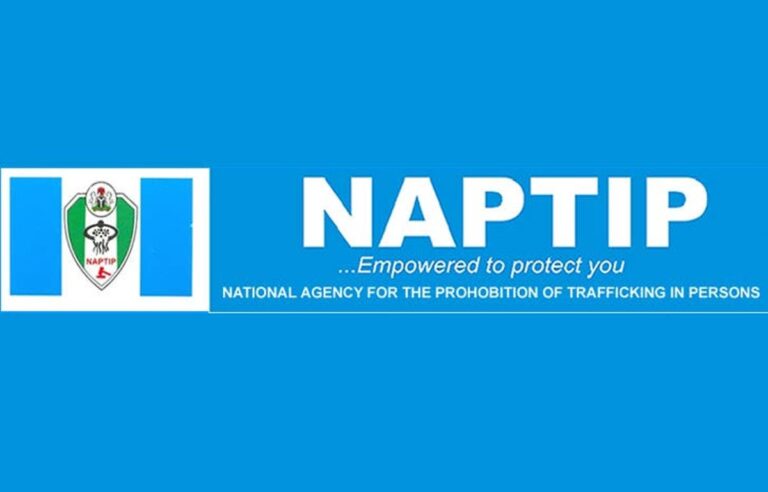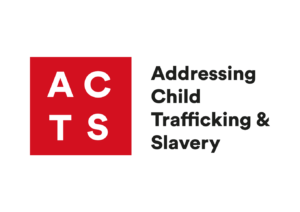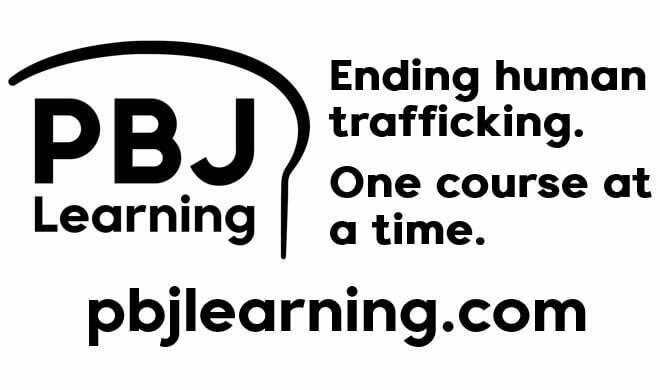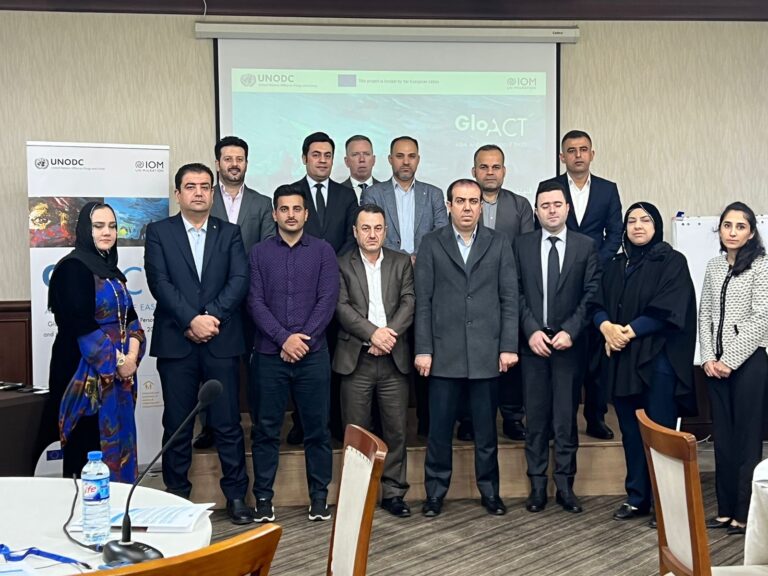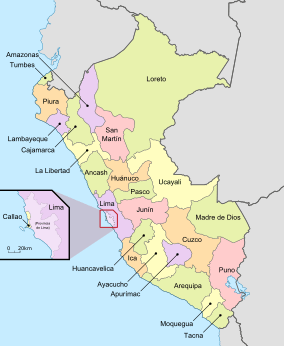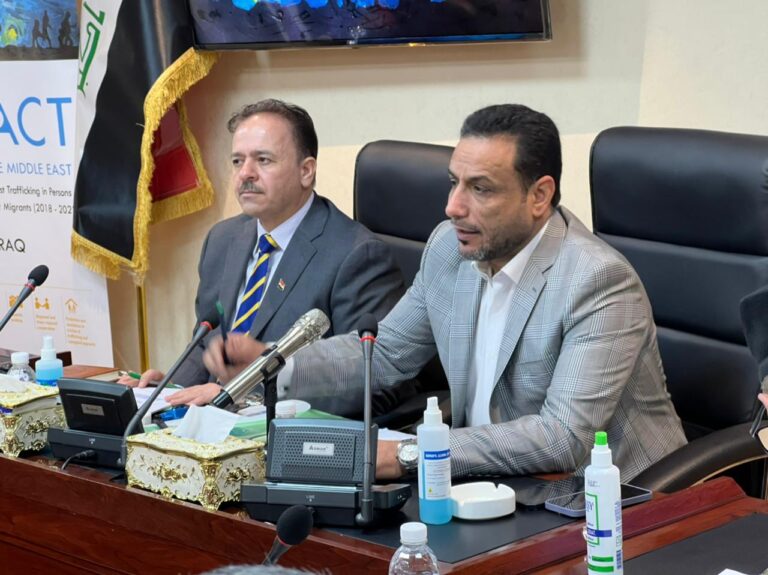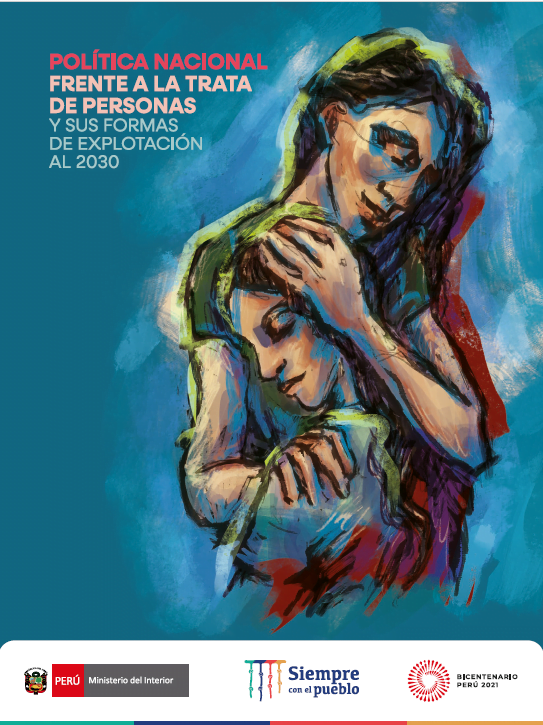70 human traffickers jailed in Edo, Delta | Dailytrust
The National Agency for the Prohibition of Trafficking in Persons (NAPTIP) has secured the conviction of 70 persons involved in human trafficking in Edo and Delta states. NAPTIP Commander in Edo, Nduka Nwanene, disclosed this yesterday in Benin during a sensitisation workshop for traditional and religious leaders on irregular migration and human trafficking organised by…

